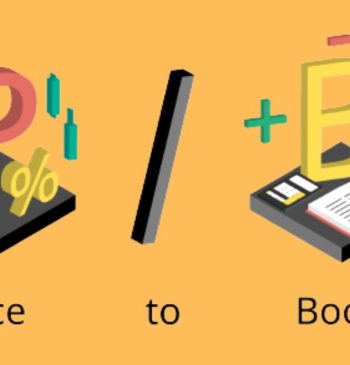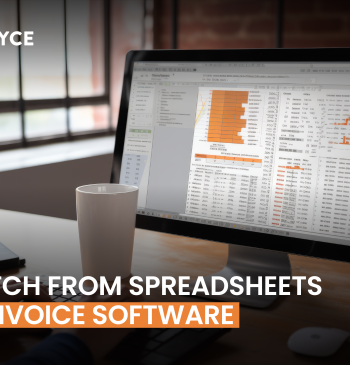23 Sep

Forensic accounting is a specialized branch of accounting used to identify financial mistakes, fraud, or misconduct. It involves analyzing financial data for legal purposes and is important in detecting illegal activities, fraud, or hidden assets. Unlike traditional accounting, forensic accountants analyze financial statements to uncover hidden irregularities that may lead to legal action.
This process is often needed in fraud cases, legal disputes, or even during separation settlements to determine the true financial state of individuals or businesses. Forensic accountants also frequently serve as expert witnesses in court, helping explain complex financial matters to judges and juries.
Why Forensic Accounting Matters?
Today’s business environment, financial misconduct is a growing concern. Forensic accounting provides an essential service by investigating and revealing financial irregularities that could otherwise go unnoticed. Whether it’s corporate fraud, tax evasion, or financial disputes, forensic accountants play a key role in ensuring that organizations maintain integrity.
Some key areas where forensic accounting is essential include:
- Fraud detection: Investigating employee fraud, embezzlement, or financial misrepresentation.
- Litigation support: Assisting in legal disputes involving complex financial matters.
- Insurance claims: Verifying the accuracy of claims, especially in cases of business interruption or personal loss.
- Divorce cases: Identifying hidden assets or unreported income in divorce proceedings.
Techniques Used in Forensic Accounting
Forensic accounting relies on various techniques to uncover fraud or financial manipulation. Some of the most common methods include.
- Data Analysis: This involves examining large datasets to identify unusual transactions or patterns that might indicate fraud. Forensic accountants look for transactions that don’t fit the normal financial flow.
- Ratio Analysis: By comparing financial ratios over time, forensic accountants can spot inconsistencies, such as sudden drops in revenue or unexplained increases in expenses, which could suggest financial manipulation.
- Tracing Assets: Forensic accountants often track the movement of money or assets across accounts. This helps uncover any hidden assets, unusual transfers, or attempts to conceal financial activity.
- Document Review: This technique involves carefully reviewing financial statements, contracts, and invoices to find inconsistencies or discrepancies. It’s not just about the numbers-it’s about understanding the underlying purpose of each transaction.
- Interviews: Sometimes, the numbers alone don’t provide the full picture. Forensic accountants conduct interviews with employees, management, or other relevant parties to gather information about financial practices and uncover potential violation.
The Role of Forensic Accounting in Legal Disputes
Forensic accountants are often called upon to assist in legal cases, especially when financial matters are at the heart of the dispute. They analyze financial records, calculate damages, and, when necessary, serve as expert witnesses in court. Their ability to explain complex financial details in simple terms helps lawyers and juries understand the key issues.
In cases such as shareholder disputes, contract breaches, or fraud, forensic accountants play a critical role in uncovering the truth. They ensure that the financial evidence presented is accurate and reliable, helping judges and juries reach informed decisions.
When to Use Forensic Accounting?
Forensic accountants are useful in a wide range of situations, including.
- Corporate fraud investigations: When a company suspects that fraud or financial misconduct has occurred, forensic accountants can investigate and provide evidence.
- Business disputes: In cases where partners or shareholders disagree over finances, forensic accountants can provide an objective analysis to resolve the issue.
- Tax fraud: Forensic accountants are often used in cases involving tax evasion or disputes with tax authorities.
- Divorce cases: Forensic accountants can help identify hidden assets or unreported income during divorce settlements.
Conclusion
Forensic accounting is a vital tool for identifying financial fraud, resolving disputes, and ensuring transparency in financial matters. By using techniques such as data analysis, ratio comparisons, and asset tracing, forensic accountants help businesses and individuals detect and prevent financial misconduct. They not only provide clarity in complex cases but also serve as key witnesses in court, helping ensure justice is served in financial disputes.
Marjina Muskaan has over 5+ years of experience writing about finance, accounting, and enterprise topics. She was previously a senior writer at Invyce.com, where she created engaging and informative content that made complex financial concepts easy to understand.
Related Post
Copyright © 2024 – Powered by uConnect



Marjina Muskaan